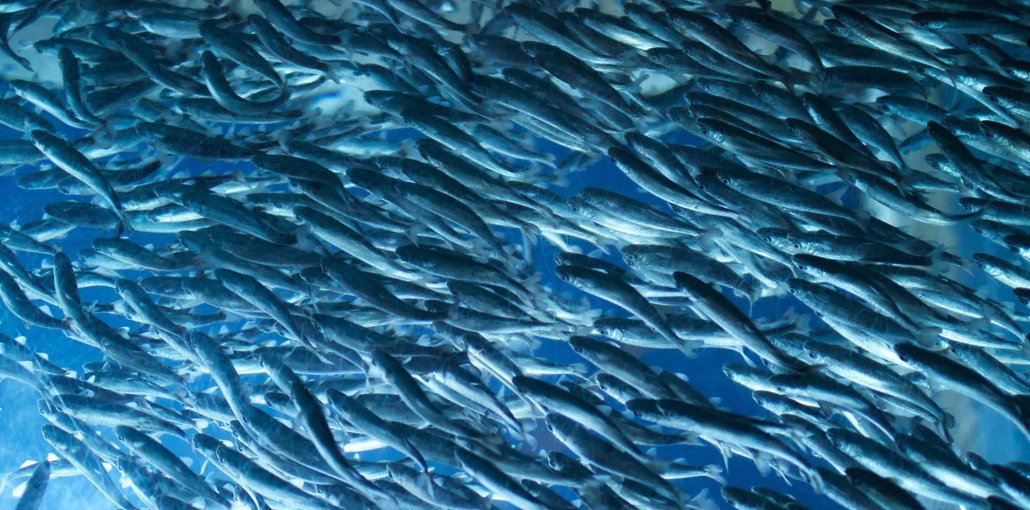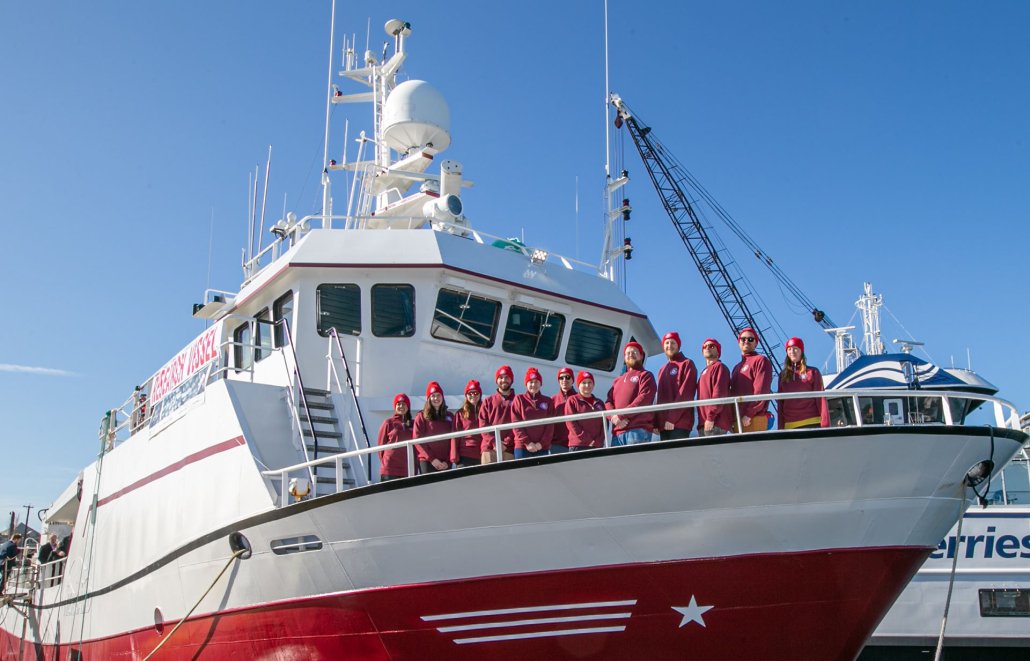The Salish Sea Marine Survival Project
In 2009 the Pacific Salmon Foundation was asked to figure out why Chinook, Coho and steelhead in the Strait of Georgia abruptly crashed in the 1990’s and never recovered. Catches that had once numbered in the hundreds of thousands shrunk to a mere one-tenth of those levels. The Strait of Georgia is part of the shared US/Canadian Salish Sea ecosystem. The Salish Sea Marine Survival Project brought together more than 60 different entities from the US and Canada to examine all facets of the ecosystem impacting salmon to answer to two key questions: what happened and what can we do about it? The initiatives within the Marine Science Program are based on the culmination of those findings and identification of urgent priority areas for advancing salmon recovery.

High Seas Research
What happens to salmon in the open ocean significantly affects their overall survival and returns. It makes sense as salmon spend the majority of their lifecycle there. However – until now – this period of their migratory journey has remained a relative mystery as open ocean research is expensive and challenging.
The Pacific Salmon Foundation’s Gulf of Alaska Expeditions are an international partnership with Pacific Rim countries: Unites States, Russia, Japan and the Republic of Korea. Our findings there will help us better understand the consequences of future environmental conditions and extreme climate events, to ultimately improve forecasting and salmon management in a rapidly changing environment.

